- John's Pro-Photo Tips -
Using Natural Light
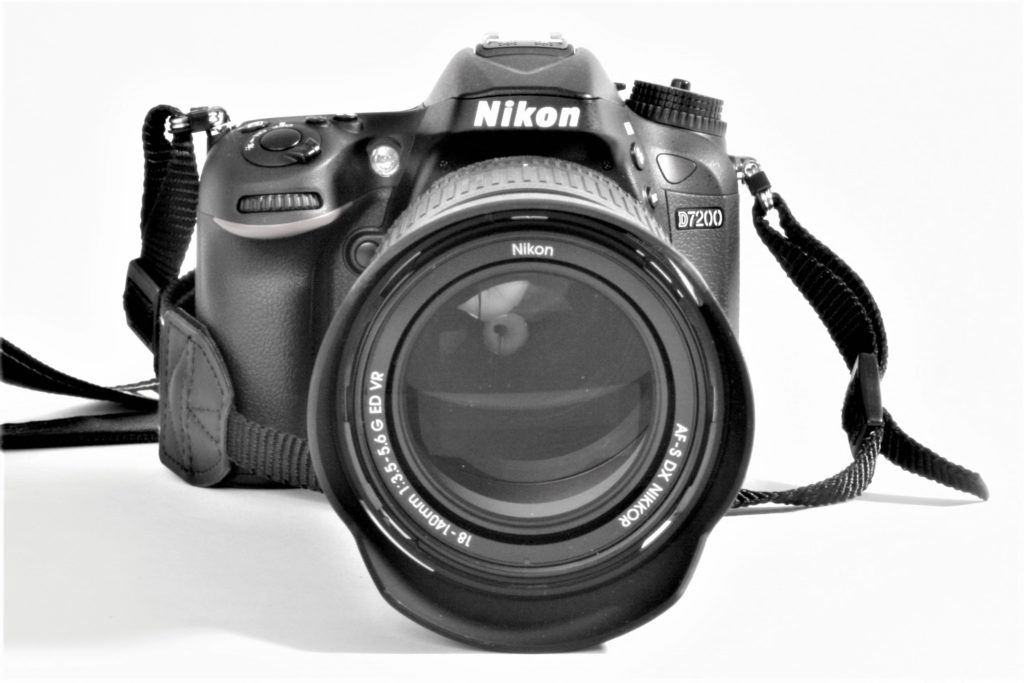
Part 1 - Natural light in Landscapes
The great thing about using natural light in landscapes is that Mother Nature does the work for you. However, the downside is you have no control over your lighting other than when you shoot. So how do we use natural light to the best advantage?
Firstly, decide the time of day to shoot your subject. Do you need side light, low light or back light? That will determine the ideal time of day and the ideal position of the sun.
Secondly, look at the weather. For example, do you need a dramatic sky or is the shot cropping the sky?
Thirdly, determine your exposure. In other words, do you want a long depth of field? For most landscapes, the answer is “no”, unless you have a point of interest in the foreground that needs to be sharp. Therefore, most landscapes can be photographed with a fast shutter speed and wider aperture. This lends them to shoot hand-held, rather than on a tripod.
The next two images (Img 1 & 2) have only the zoom adjusted. They were taken shooting into the sun to back light the water and rocks.
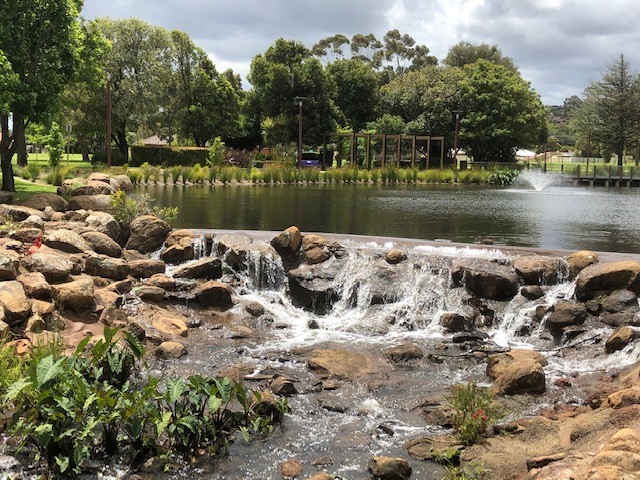
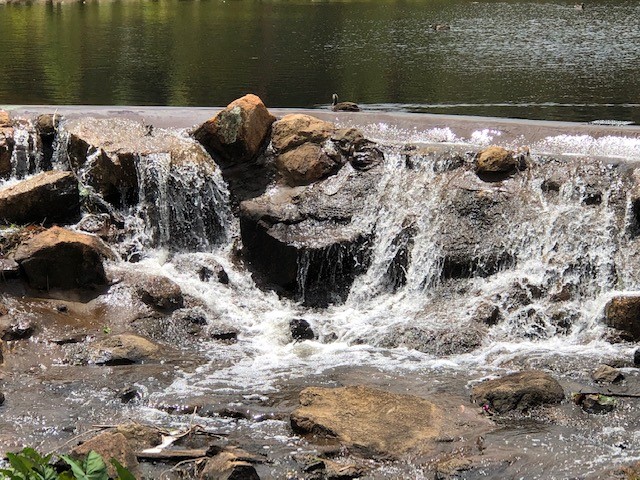
This next photo (Img 3) shows five key ingredients to creating a great landscape using natural light:
1. Good contrast between sun and shade
2. Point of interest in the foreground
3. Central point of interest – the fountain
4. Back-lit water
5. Great cloud formation.
To put it another way, this shot would be all the poorer if any of those key ingredients were missing.
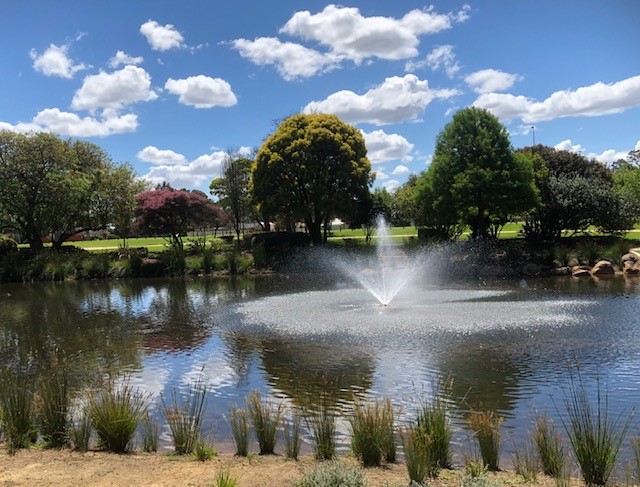
Part 2 - Natural light in Portraits
We can’t control the weather, which determines the type of natural light available. So, is it sunny, cloudy, raining etc? So, unless we hang around waiting for the weather to change, the key is to plan ahead.
Specifically, is there a place to shoot where we can predict that the light will be stable? Alternatively, choose the location you want to use and check out the light at different times of the day. Do we want the light as it as dawn, morning, midday, afternoon or dusk? Let’ look at some examples.
Using natural light from a window
Using natural light from a window (Img 4) has always been a favorite of mine. Since the light is soft, it creates a lovely natural feel to your image.
Tip: To add a little more shadow detail, you can try bouncing a flash from the wall or ceiling, but make sure it’s set at a low power or you will kill the light from the window and ruin the effect.
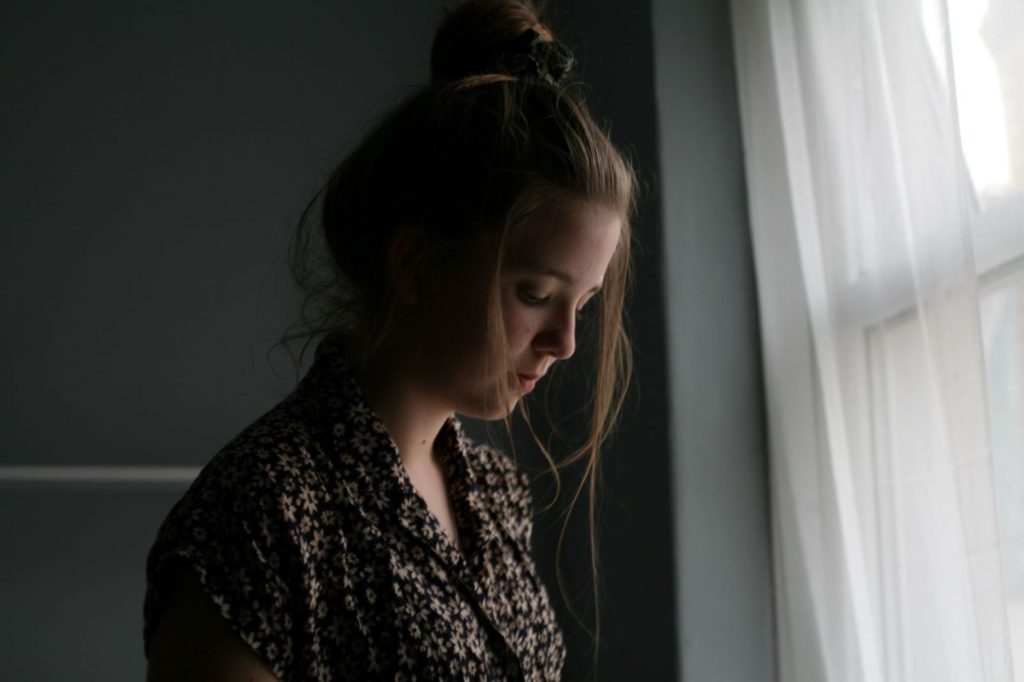
Using natural light later in the day
This next shot (Img 5) was well planned. Because it was taken late in the day, most of the background is in shade. Therefore the sun is low and soft, back-lighting the subject’s hair, while picking up a nice highlight on the flowers.
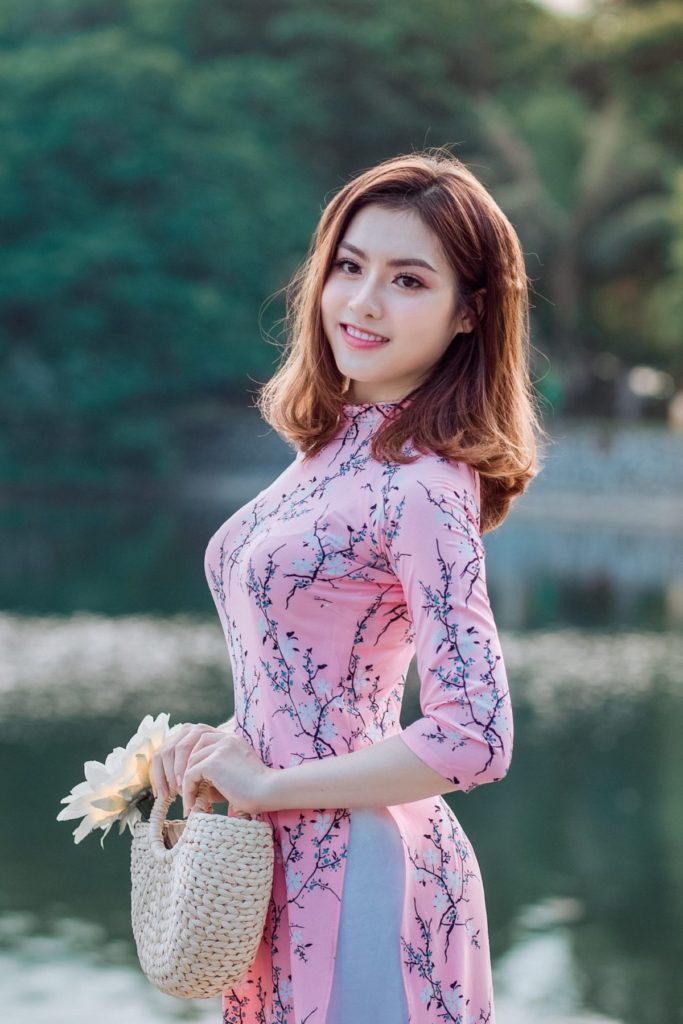
Have a question?

